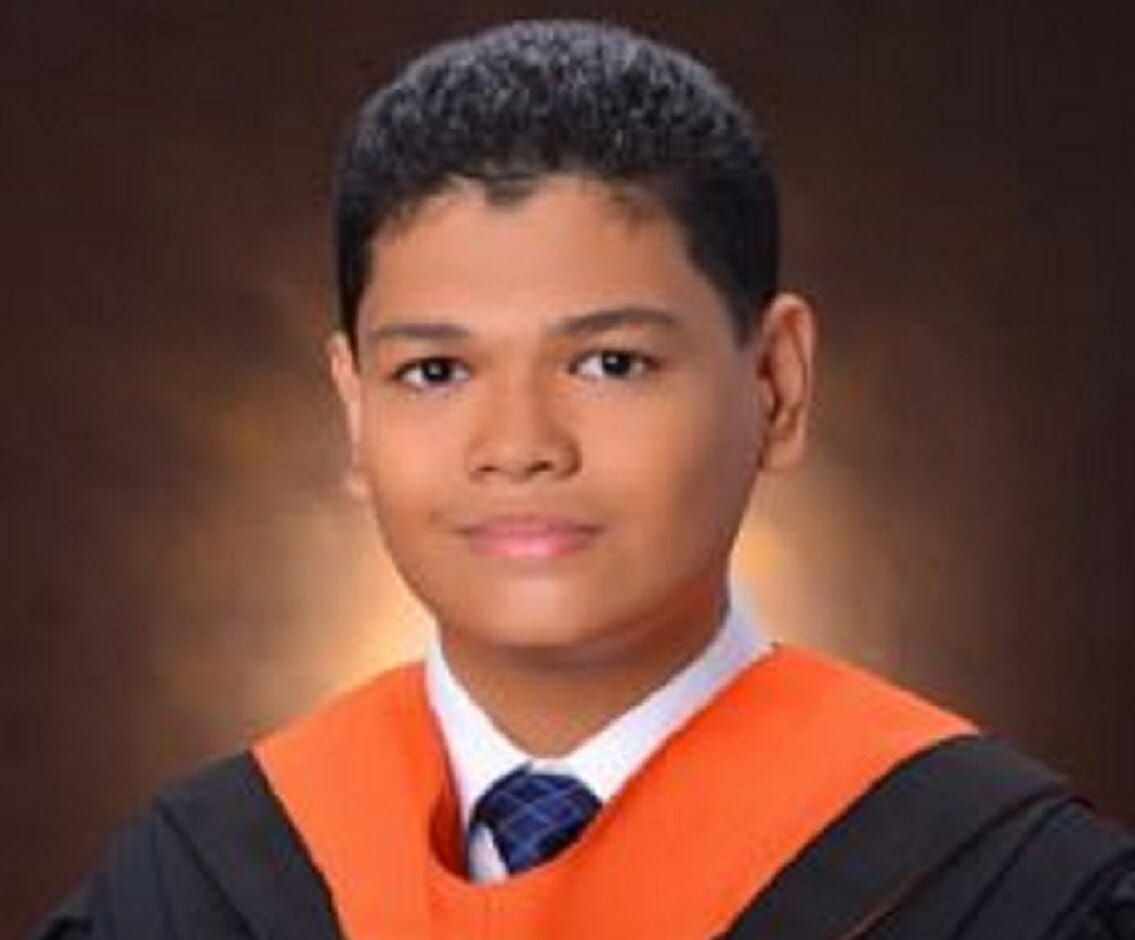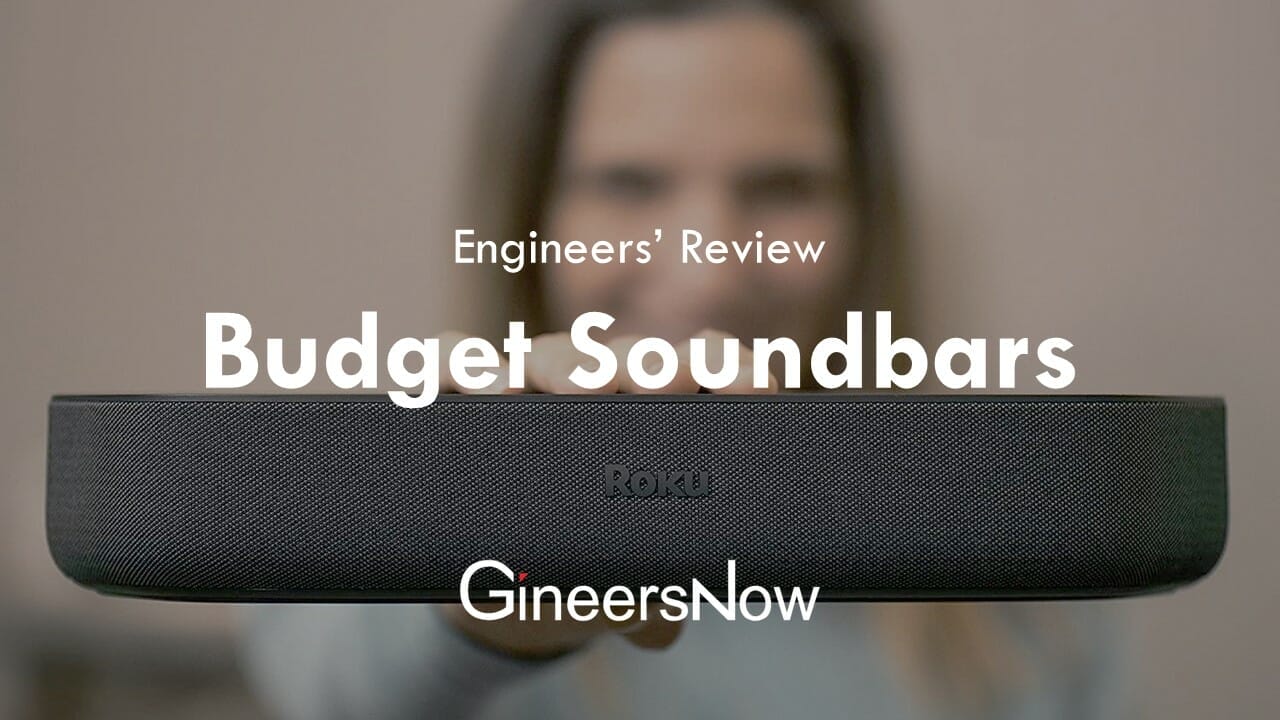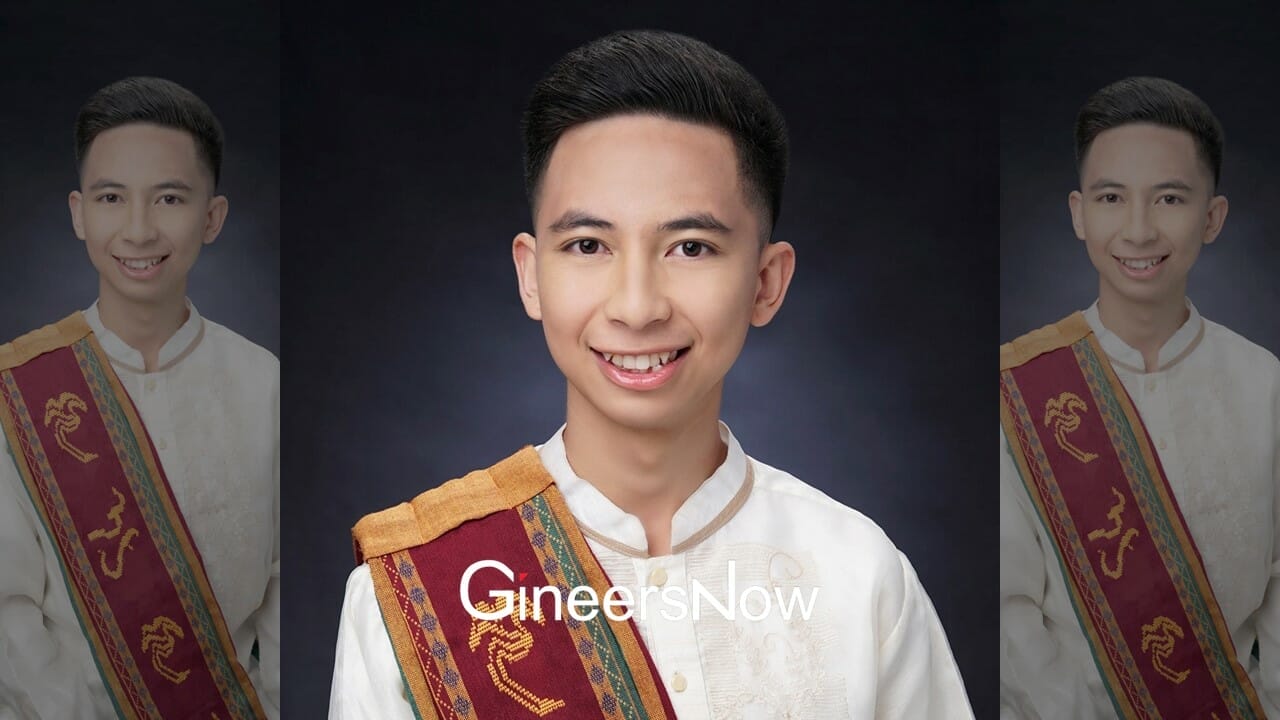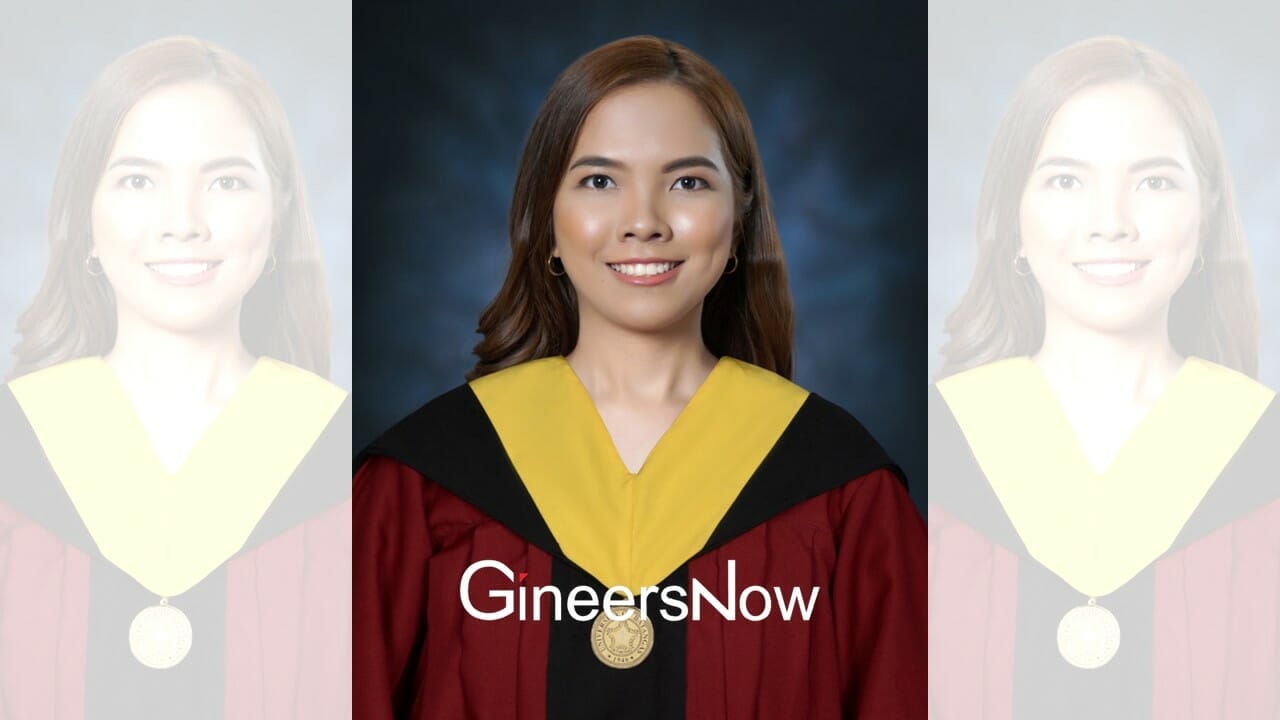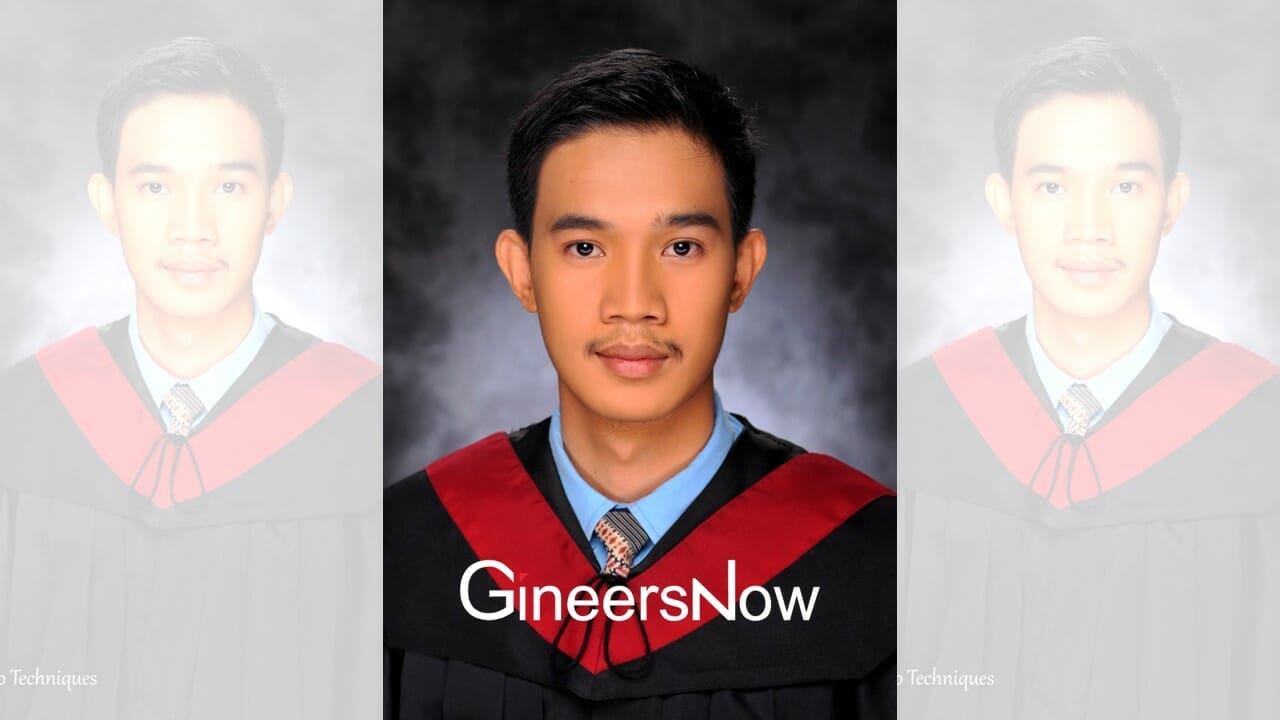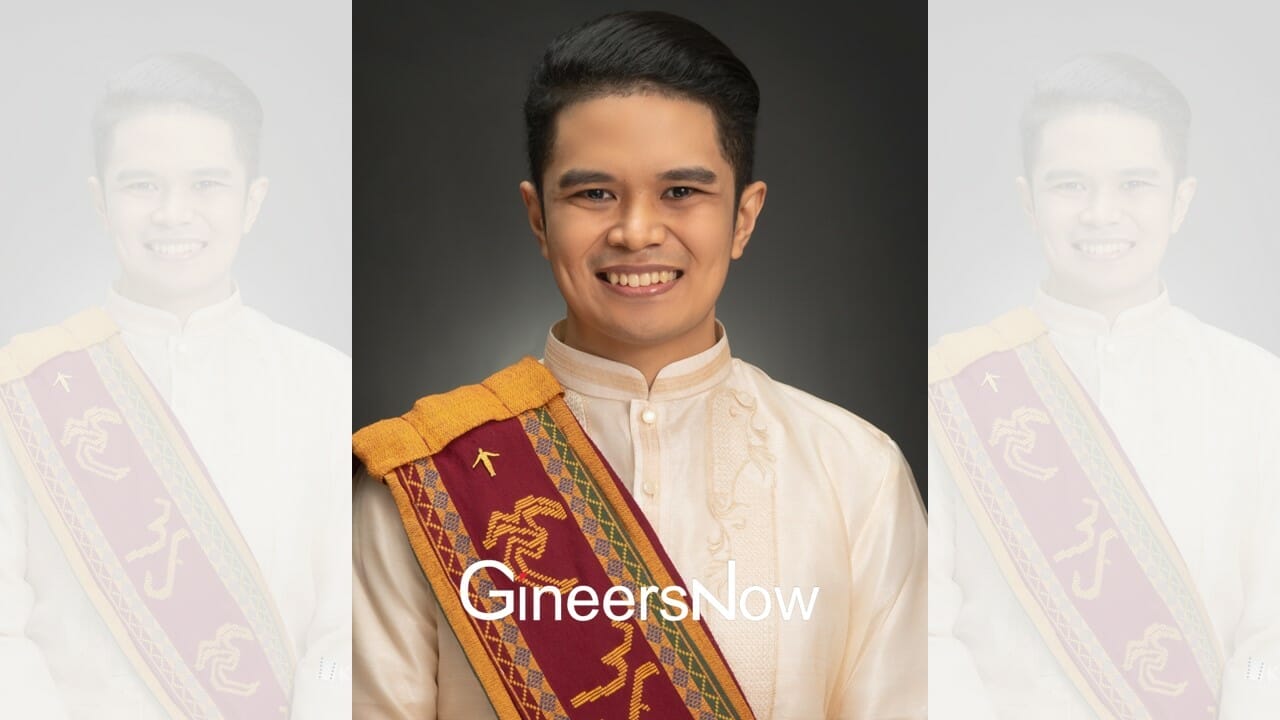Aeronautical Engineering
League of Legends gamer and engineering student ranked first place at aeronautical engineering licensure exam!
The story of his success lies in life-study balance, “me” time, hard work and prayers.
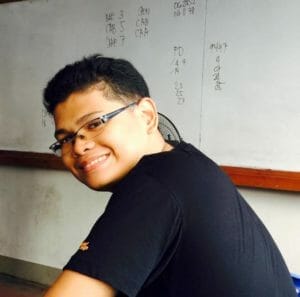
Even when Guiseppe Andrew Buffe was clueless about what aeronautical engineering is when he was in high school, he braved the entrance exam after his father recommended the course.
In fact, it was the only exam he took to apply for college – and perhaps it was a decision he will never regret.
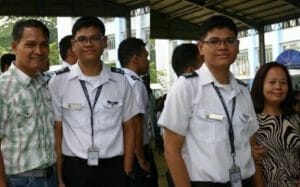
Andrew learned to love everything about aeronautical engineering. In Philippine State College of Aeronautics in Pasay City, the Camarines Sur-native was nurtured well both academically and spiritually for five years.
Despite the difficult nature of his engineering course, Andrew defied the struggles and maintained his will to finish his studies with an academic distinction.

After he graduated in April, the 22-year-old lad took the November 2016 Aeronautical Engineer Licensure Exam only to outperform the 313 others. He garnered the first place with a rating of 91.60%.
Three others from the institution he attended had managed to place in the top ten.

In an e-mail interview, Andrew revealed that he was merely an ordinary engineering student who suffered from the usual challenges in an engineering school.
His edge, however, was he knew how to manage them.

Moreover, he shares a common interest with other topnotchers like mechanical engineer Elso – computer games. But instead of DotA, Andrew plays League of Legends. He plays while studying / reviewing for the licensure exam.
To everyone who wants to ace their board exams, here’s how to do just that, the Guiseppe Andrew Buffe’s style.

Student Life
What are your favorite subjects in your engineering study? How about least liked subjects?

Andrew: My favourite subject is definitely Aerodynamics, which I consider as the backbone of aeronautical engineering.
That’s probably because the principles are easier to understand and the formulas are more manageable compared to other subjects.

I even enjoyed studying it during my board exam review.
Although at first you might have a really hard time studying it, with enough bonding time with Anderson’s book and some practice, I believe anyone can master aerodynamics.

Meanwhile, my least favourite is Aircraft Design. During my fifth year in college, perhaps even today, I describe Aircraft Design with the 3Rs: reports, repeats, and restlessness.
And under the shadows of the three are financial exhaustion and design group members’ misunderstandings. Maybe such reasons are enough to explain why I hate it.

Have you had any subject failures or disappointing academic performance to the very least? If yes, what did you do about it? How did you cope?
Andrew: It was our major test in Helicopter and Propeller Design, and an unforgettable one.

Imagine yourself reviewing so much for a conceptual-type exam, then greeted with computations.
I was dumb-founded. Luckily for those who were assigned with the computations report, they at least have an idea of the formulas. I prayed to get at least a 2.5 grade to still qualify for an award. I got what I prayed for.

Do you have any study tips or tricks that you think others should emulate from you?
Andrew: I suggest having a “me-time” and a “we-time” in studying.

In my case, I am able to comprehend more about a subject when I study it alone at first or “me-time”.
However, you can always ask help from your classmates. When I fully understand it, I can do sample problems with others or “we-time” in which we can share additional information and shortcuts.

What is the best engineering school advice that you can give to other students?
Andrew: Students must strive to somehow learn a topic on their own.

Since in college, not everything is tackled in class and not everyone will be there to teach you.
Gather good references, invest in a reliable calculator, and personal computer (for those with CAD subjects).

Chosen Career
What do you plan to do in your career? What are your career goals?
Andrew: My goal is to become a part of a prominent aviation company for several years and maybe work abroad if given the opportunity.

What do you want to change about people’s perception about aeronautical engineering?
Andrew: Aside from that people think of us to be the ones controlling an aircraft (based on experience), people should also refrain from thinking that when someone is not that good in math or science, means that they must not take engineering courses.

I believe that with the proper study habits, frequent practice and a little help from anyone will make you survive aeronautical engineering.
Board Exam Experience
What are the greatest struggles that you experienced while preparing for the board exam? What did you do to overcome them?

Andrew: I would say that the greatest challenge during my review is the fact that anything about those six subjects can be included in the exam.
This will make you overthink and over-study even the topics you haven’t encountered during your college days. But as what our instructors and previous board takers told us, always stick to the basics.

Did you enroll in a center for your review? Do you recommend doing so? Which one did you go to?
Andrew: Attending a review center was beneficial to me, not only because there are instructors who can thoroughly explain the subject and provide valuable review materials.

But also because it gave me a break from the five consecutive days reviewing at home.
I highly recommend attending one, it allows you to have a fun review with your colleagues, and at the same time, keeps your sanity.

How did you find the board exam? Easy, average, or difficult?
Andrew: Honestly, the board exam was difficult because, although several items are about the basics, there are few in which you can consider that more than one among the choices are correct.

Also, some of the computations are tedious and somehow tricky.
I remember deriving the formula for one item, then found out that all it needed was some unit conversions. I also guessed the answers to some.

What were your expectations after you took the board exam and before the results were out? Did you have a feeling that you will be at the top?
Andrew: I really didn’t expect to be the topnotcher knowing that there are a lot of great minds from our class and from other schools too.

I even assumed that they were more prepared because I heard that some already started review classes a month after graduation.
I’m hoping to get good scores but I didn’t expect. Actually, I topped our pre-board exam, but I hid it from my family so that they won’t expect much and be disappointed if expectations are not met.

What did you do the first minute you discovered you topped the board exam?
Andrew: I was playing League of Legends (LoL) before and after the results came out.

My family were already celebrating and telling our relatives and friends about me on Facebook.
So I logged out my account because notifications and messages our flooding in.

I was just quietly playing LoL that moment because I’m not that expressive like the others.
But of course, I’m happy and thankful inside.

Who do you owe your success to?
Andrew: Of course, to the Lord for all the blessings He has given me.

To my parents, my sisters, grandparents, aunts, uncles and cousins, for their love and support throughout my educational journey and beyond.
Lastly, to my math mentor during my high school days who helped me establish a good math foundation.

Share your most effective study habits.
Andrew: I suggest minimising distractions such as computer games or social media, maybe a few days before an examination or months before board exams.

Such things are considered the primary reasons why other students cannot focus well during study sessions. I also struggled with it at times.
In addition, Aeronautical Engineer students must try deriving formulas, not memorizing all of it. If not, write down those formulas and posts it on places you usually hang out, so you can easily see and be familiar of it.

Give the most important tips for future board exam takers who aim to become topnotchers.
Andrew:
1. Have a comfortable and quiet room with the least distractions.
2. Organize the most effective schedule for each subject. As much as possible, review the subjects with computations within the months closest to the examination dates.

3. Schedule the time of the day when you will start reviewing and when you will stop. Have enough rest. Never study while hungry (most important).
4. As much as possible, relate what you’ve learned in one subject to other subjects.

5. Solve as much sample problems as you can.
6. Always stick to the basics.
7. Study hard, pray harder.

Topnotchers and Gamers
This Filipina Software Engineer and Hardcore Gamer is a Summa Cum Laude
From an Accountancy Dropout to an Engineering Board Exam Topnotcher


